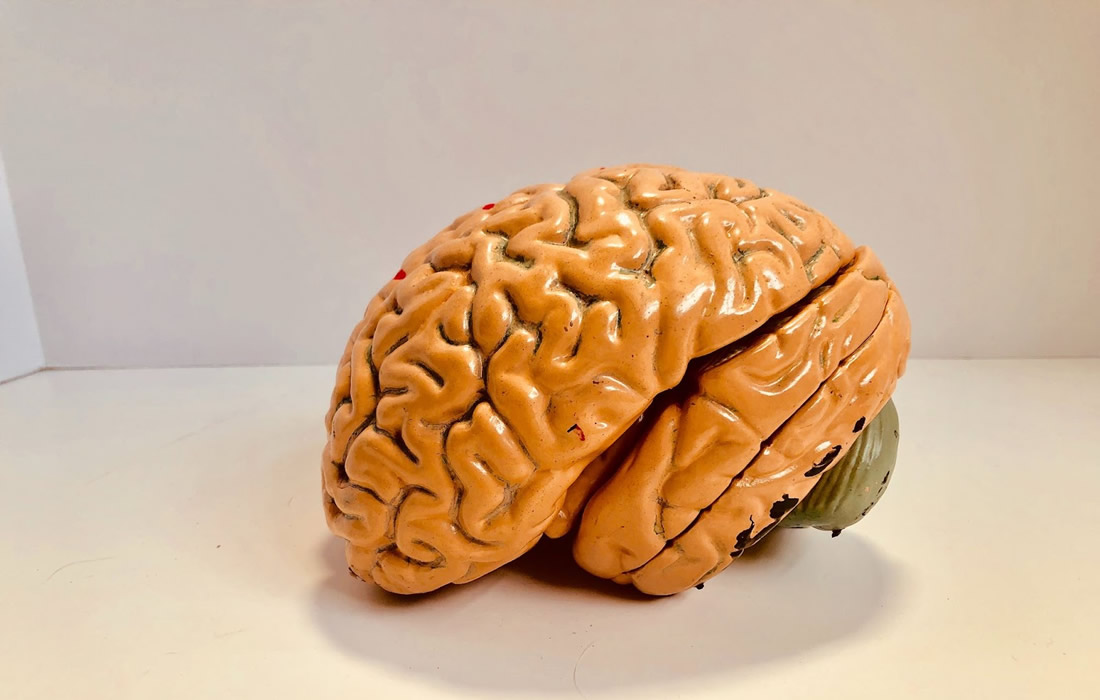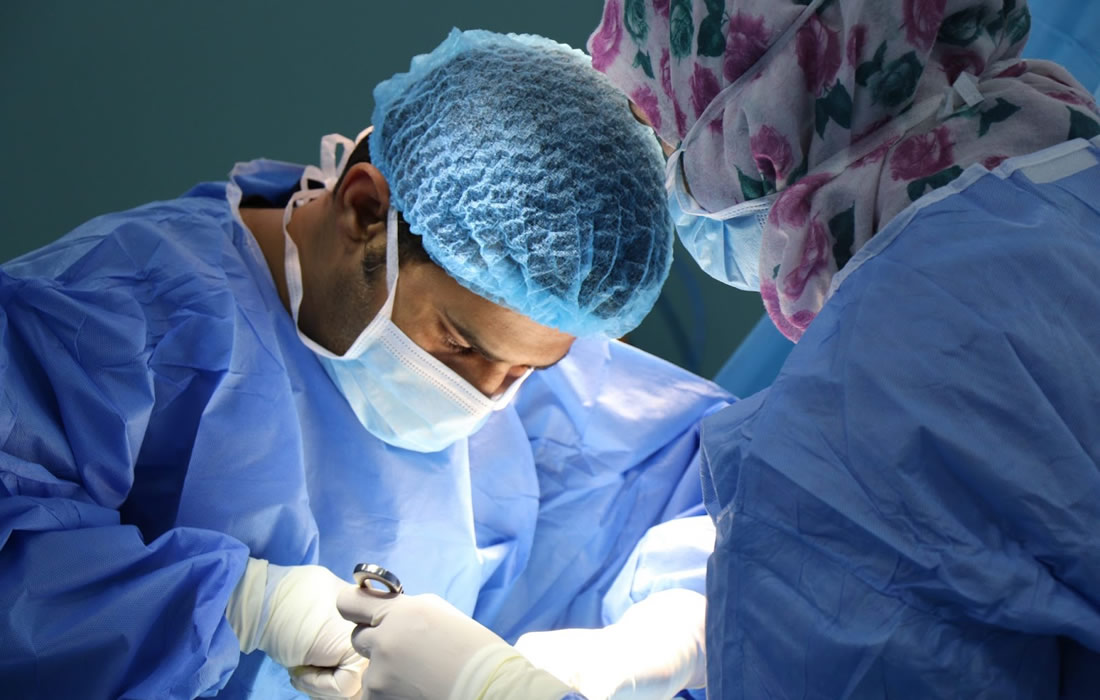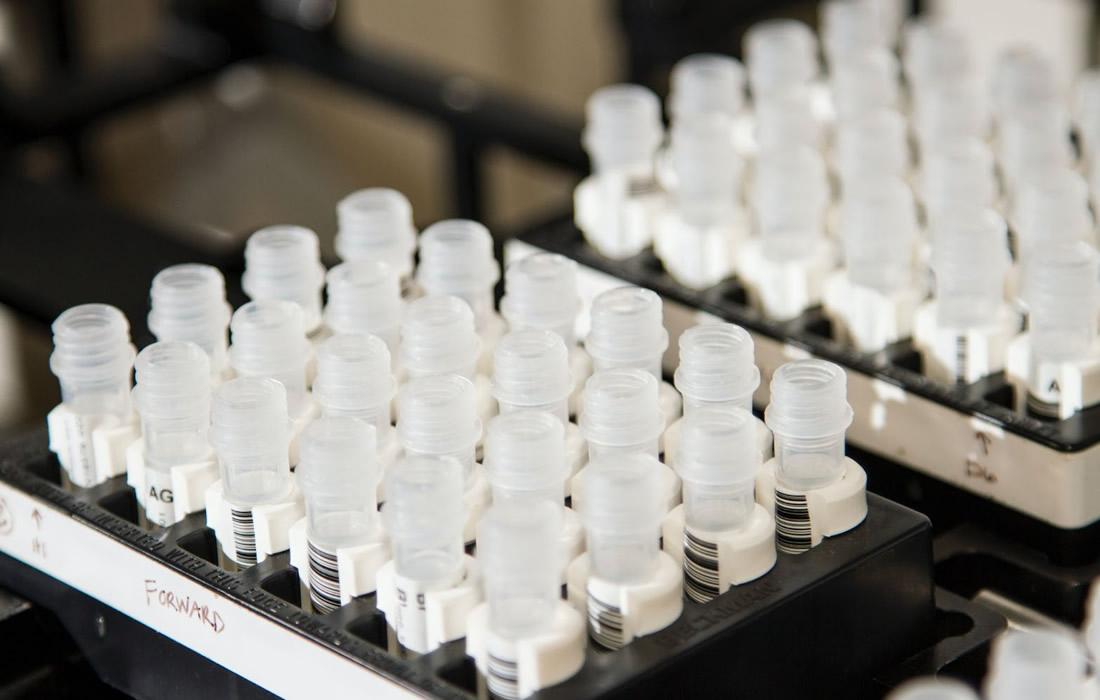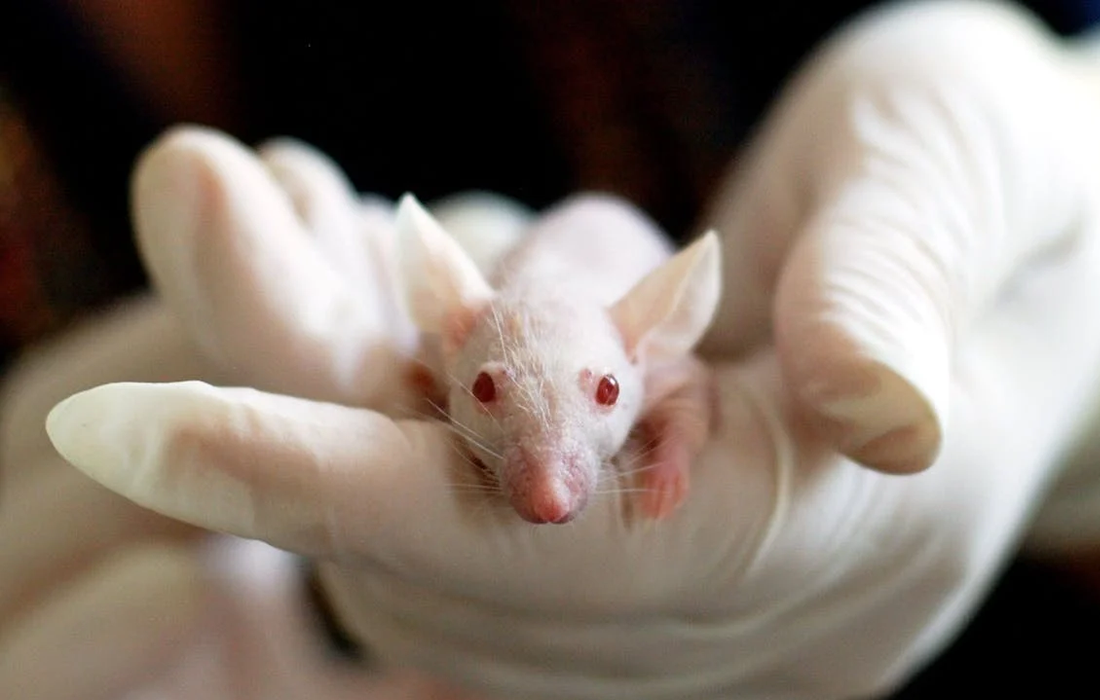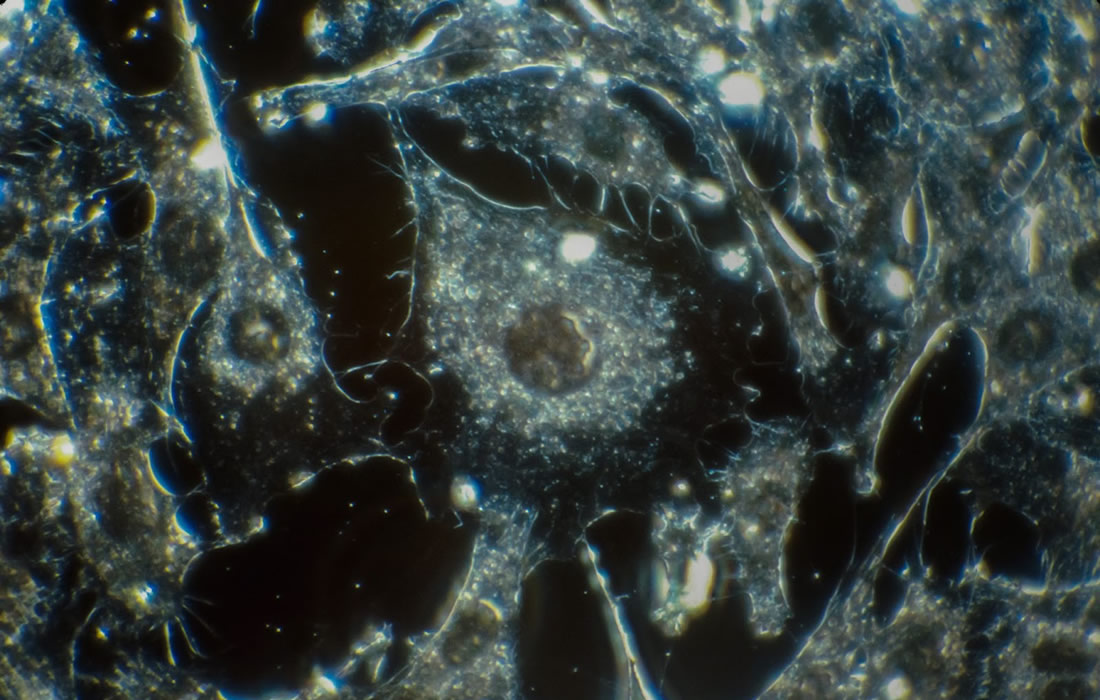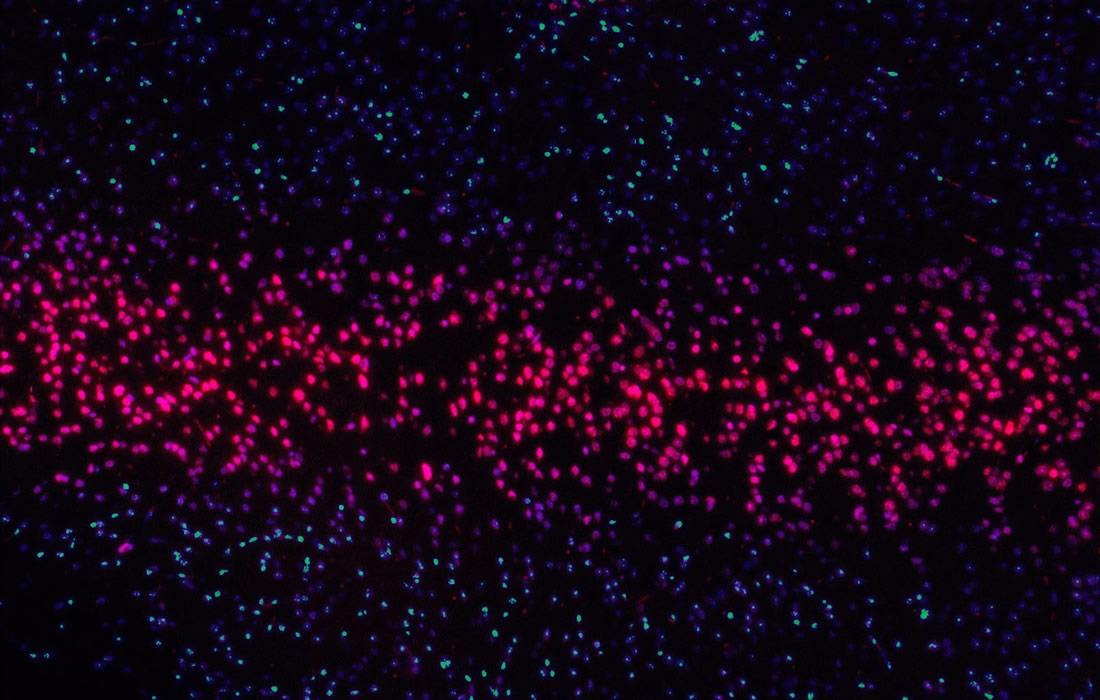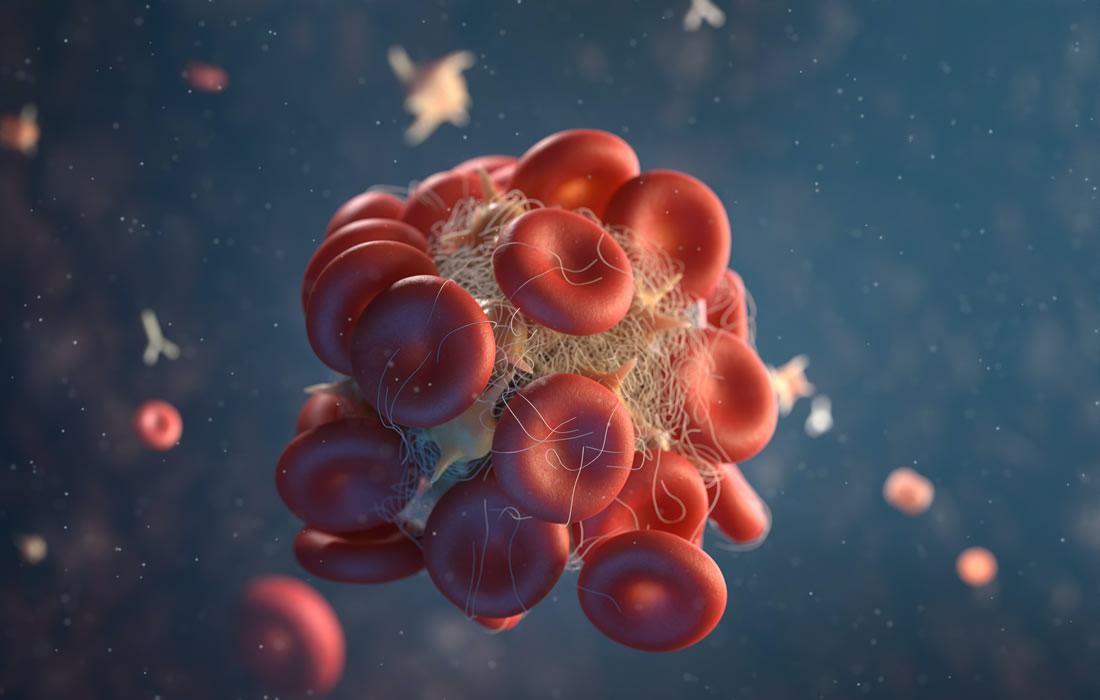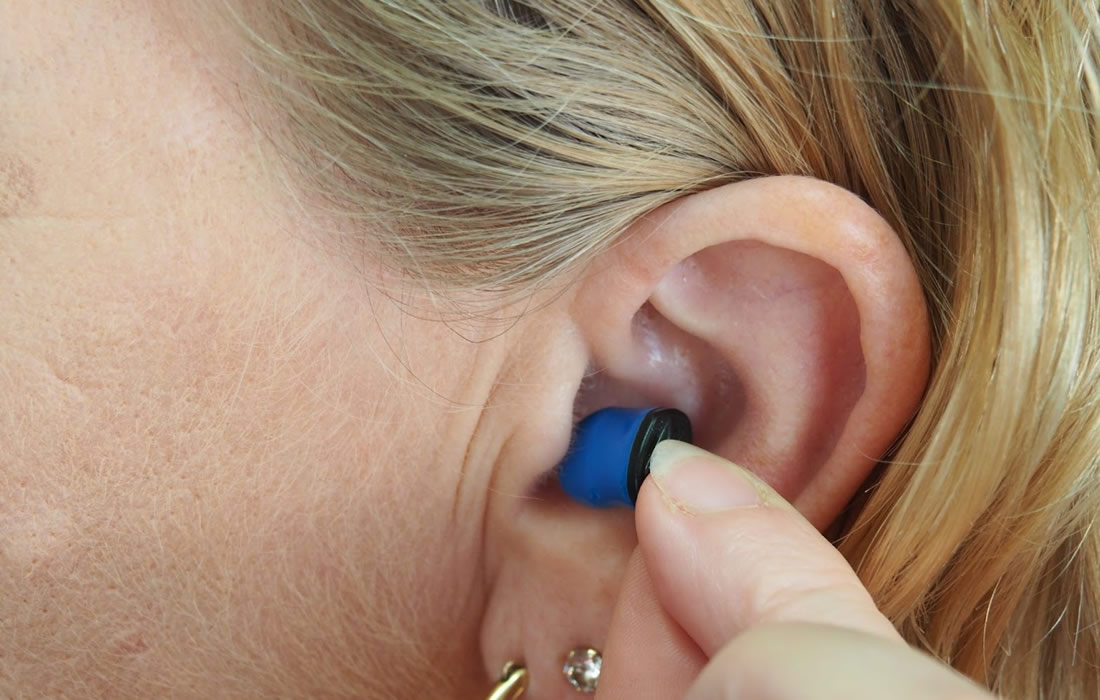A first-in-human trial of deep brain stimulation (DBS) for post-stroke rehabilitation patients by Cleveland Clinic researchers has shown that using DBS to target the dentate nucleus — which regulates fine-control of voluntary movements, cognition, language, and sensory functions in the brain — is safe and feasible. The EDEN trial (Electrical Stimulation of the Dentate Nucleus […]
Category Archives: Regenerative Medicine News and General Information
Previous research has shown that the majority of those who undergo surgery regain weight within five years of a gastric bypass operation. It has still not been established what happens to the metabolism of those who have had a bariatric procedure. In a new study the researchers studied the metabolism of overweight individuals before and […]
ALS is a devastating neurodegenerative disease in which the upper and lower motor neurons in the brain and spinal cord dysfunction and die. It results in the loss of voluntary muscle movement, which leads to paralysis and eventual death. Northwestern Medicine scientists have discovered for the first time how a mutated gene disrupts the function […]
The gut-first theory of Parkinson’s, originally proposed 20 years ago, started to intrigue Sulzer after his own research pointed toward the role of an autoimmune response in Parkinson’s. In Parkinson’s, a protein called alpha-synuclein becomes misfolded, accumulates inside neurons, and slowly poisons the cells. Sulzer’s lab in collaboration with immunologists at the La Jolla Institute […]
Obesity leads to altered energy metabolism and reduced insulin sensitivity of cells. The so-called “anti-obesity drugs” are increasingly used to treat obesity and have caused tremendous interest, especially in the USA. Researchers at the Max Planck Institute for Metabolism Reseat reduced insulin sensitivity affects learning of sensory associations. A single dose of the anti-obesity drug […]
Scientists have found that an enzyme called Fumarate Hydratase is repressed in macrophages, a frontline inflammatory cell type implicated in a range of diseases including Lupus, Arthritis, Sepsis and COVID-19. Professor Luke O’Neill, says: “No-one has made a link from Fumarate Hydratase to inflammatory macrophages before and we feel that this process might be targetable […]
Scientists have discovered an additional potential cause of the genetic mutations that result in rare conditions such as Huntington’s disease (HD). The neurodegenerative diseases usually are inherited, given that the expansion of CAG repeats in a gene can be passed down the generations. Previously, it had been thought the damage in these genetic diseases was […]
A simple blood test may predict the risk of progressive heart and kidney disease in people with Type 2 diabetes and kidney disease, according to new research published today in the American Heart Association’s flagship journal Circulation. “Treatment with canagliflozin, a sodium glucose co-transporter 2 inhibitor, lowered biomarker levels and reduced the risk of hospitalization […]
Pre-clinical trials by University of Queensland researchers have found an injection of a specific blood factor can replicate the benefits of exercise in the brain. Dr Odette Leiter and Dr Tara Walker from UQ’s Queensland Brain Institute led a team which discovered platelets, the tiny blood cells critical for blood clotting, secrete a protein that […]
A deaf adult cannot recover the ability to hear, because the sensory hearing cells of the inner ear don’t regenerate after damage. In two new studies, scientists explain why this is the case and how we might be able to change it. “In the non-sensory supporting cells of the inner ear, key genes required for […]

